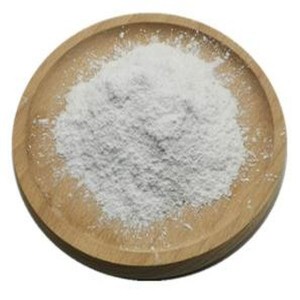On October 21, 2022, according to the European Food Safety Agency (EFSA), at the request of the European Commission, the EU Animal Feed Additives and Products (FEEDAP) research group issued a scientific opinion on the safety and efficacy of L-lysine HCL and L-lysine sulfate produced by Corynebacterium glutamicum CGMCC 17927 as all animal feed additives.
After evaluation, the expert group believes that the additive is safe for the target species, consumers, and the environment. The additive in the evaluation is considered an effective source of amino acid L-lysine. In order to make the supplemented L-lysine equally effective in both ruminant and non ruminant animals, it is necessary to prevent its degradation in the rumen. Some original reports are as follows:
“Following a request from the European Commission, the Panel on Additives and Products or Substances used in Animal Feed (FEEDAP) was asked to deliver a scientific opinion on l-lysine monohydrochloride and l-lysine sulfate produced by Corynebacterium glutamicum CGMCC 17927, when used as a nutritional additive in feed and water for drinking for all animal species. The active substance is l-lysine, and it was produced in two different forms: monohydrochloride (HCl) or sulfate salts. The production strain was genetically modified. Neither viable cells nor recombinant DNA of the production strain were detected in the final products. Therefore, the Panel concluded that the additives did not pose any safety concern regarding the production strain. The use of l-lysine HCl and l-lysine sulfate produced by the strain C. glutamicum CGMCC 17927 in supplementing feed to compensate for l-lysine deficiency in feedingstuffs was safe for the target species. The FEEDAP Panel identified risks of nutritional imbalances and hygienic concerns for amino acids when administered simultaneously in feed and in water for drinking. The use of both forms of l-lysine produced by fermentation using C. glutamicum CGMCC 17927 in animal nutrition was considered safe for the consumers and for the environment. Exposure of users through inhalation to l-lysine HCl and l-lysine sulfate produced with C. glutamicum CGMCC 17927 was considered very likely. In absence of data, the FEEDAP Panel could not conclude on the potential of both forms of the additive to be irritant for skin and eyes or to be dermal sensitisers. l-Lysine HCl and l-lysine sulfate were considered as efficacious sources of the essential amino acid l-lysine for non-ruminant animal species. For the supplemental l-lysine to be as efficacious in ruminants as in non-ruminant species, it would require protection against degradation in the rumen.“
Post time: Mar-25-2024
